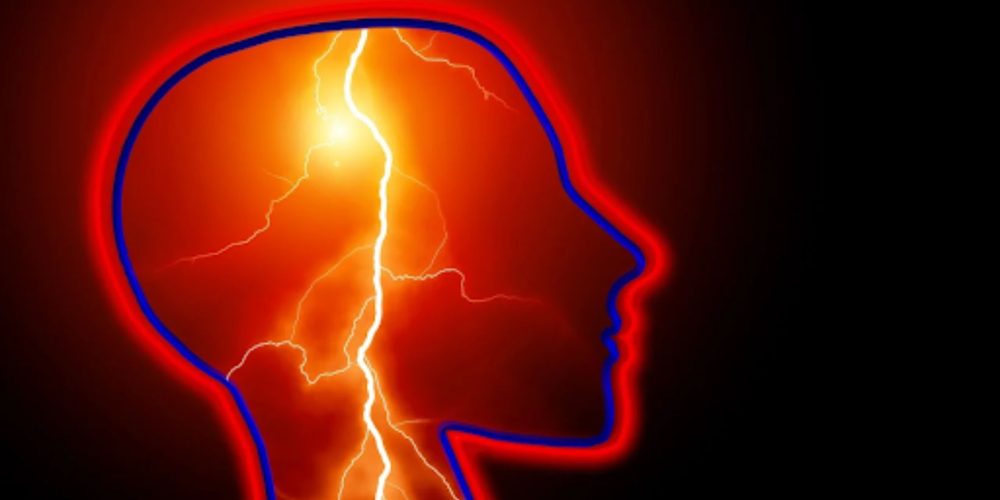You’ve recently experienced a stroke and you’re embarking on the journey to recovery. It might feel like an uphill slog, but remember: Every step forward counts. With the right strategies and a positive mindset, you can reclaim your life and health. Here are some effective guidelines to aid your stroke recovery process.
Engage in Rehabilitation
Engaging in rehabilitation is a fundamental component of stroke recovery. This process is designed to help you regain lost abilities, adapt to new physical limitations, and rebuild your independence. Using physical therapy for stroke recovery is one of the most common methods of rehabilitation. However, rehabilitation doesn’t just focus on physical recovery — it also aims to restore cognitive functions that might have been affected, such as memory, attention, or problem-solving skills.
The structured routine of a rehabilitation program aids in re-establishing a sense of normalcy in daily life, which can dramatically improve mental and emotional well-being. At its core, rehabilitation is about empowering you to lead a fulfilling, self-sufficient life post-stroke. Remember, every individual’s recovery journey is unique, and progress may be slow and incremental, but each step forward is a victory in itself.
Listen to Your Doctor
Adhering to your doctor’s advice is pivotal in your stroke recovery journey. Physicians possess the expertise and experience to guide your recovery and mitigate potential complications. They will prescribe medications to prevent another stroke, manage your symptoms, and alleviate side effects. Physical therapy routines, dietary plans, and lifestyle changes suggested by them are tailored to your specific needs and medical history. Ignoring their counsel could jeopardize your progress, potentially leading to health deterioration or hospitalization.
Transparency with your doctor about your symptoms and struggles facilitates adjustments to your recovery plan, enhancing its effectiveness. In essence, your doctor is your navigator on the path to recovery, steering you away from pitfalls and toward optimal health. Following their advice diligently is paramount to reclaiming your life and health post-stroke.

Develop a Healthy Lifestyle
Stroke is a serious medical condition that has to be taken seriously, so some lifestyle changes must be in order after you suffer from one. Do the following:
- Follow a balanced diet
- Maintain a healthy weight
- Engage in physical activity
- Limit alcohol intake
- Quit smoking
- Manage chronic conditions
- Get adequate sleep
- Manage stress
- Stay socially connected
- Adhere to medication
- Cognitive stimulation
A balanced diet and regular physical activity promote weight management, reduce the risk of subsequent strokes, and bolster your immune system. Limiting alcohol, quitting smoking, and stress management help maintain healthy blood pressure levels, reducing strain on your cardiovascular system. Sufficient sleep and social connections foster emotional well-being, crucial for mental health. In essence, a healthy lifestyle expedites recovery and wards off potential health complications.
Conduct Regular Checkups
Checkups allow healthcare professionals to track your progress, adjust treatments and rehabilitation strategies as necessary, and detect any new health complications early. Regular monitoring can prevent secondary strokes, which are often more damaging than the initial ones.
Checkups also offer opportunities for you to discuss any concerns or difficulties you’re experiencing, enabling your doctor to provide tailored advice and support. They serve as a reassurance that you’re on the right recovery path, instilling confidence and motivation. Ultimately, regular checkups form a fundamental part of the holistic approach to stroke recovery, prioritizing your physical and emotional well-being.
Stay Active
Regular physical activity enhances cardiovascular health, boosting blood flow to the brain, which is vital for cognitive function and overall recovery. Moreover, it improves muscle strength and flexibility, aiding in regaining mobility and independence. Exercise also plays a significant role in enhancing mood and mental health, helping to combat stroke-related depression.
Lastly, it aids in maintaining a healthy weight and managing other associated health risks such as hypertension and diabetes. Hence, incorporating physical activity into your recovery routine can expedite healing and enhance the quality of life after a stroke. Remember to consult with your healthcare provider before starting any new exercise regimen.

Build a Support System
A support system often includes family, friends, and healthcare professionals who provide emotional, physical, and mental support. They can help with daily tasks, motivate you to adhere to rehabilitation programs, and offer comfort during challenging times. Emotional support can significantly improve your mood, reducing the risk of depression, which is common after a stroke.
Furthermore, a dedicated support system can assist in recognizing the signs of recurrent strokes early, enabling immediate medical attention. They can also encourage lifestyle changes, promoting a healthier, stroke-resistant environment. In essence, a strong support system fosters a positive recovery atmosphere, promoting faster healing and enhancing the overall quality of life post-stroke.
As you journey on the road to recovery, remember that you’re not alone. With dedication, patience, and a positive attitude, you can overcome any obstacle. Take small steps daily towards a healthier lifestyle, listen to your healthcare providers, and lean on your support system. Remember, every stride you make is a victory in your stroke recovery journey.





